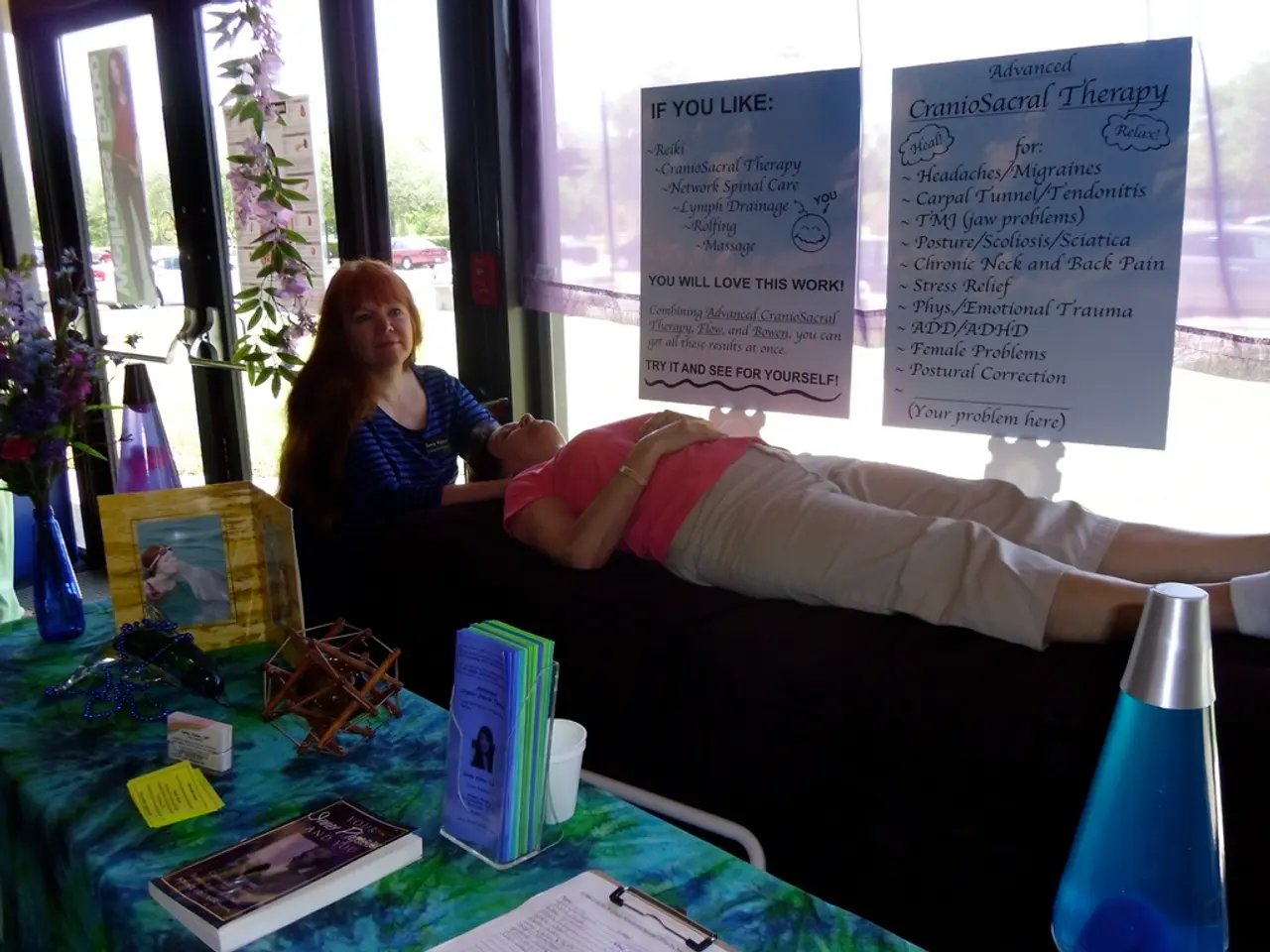Struggles with Emotional Turmoil Following Marital Split
Divorce can be a trying time for many, and it's not uncommon for individuals to experience depression as a result. This emotional turmoil can be triggered by various factors, including psychological stress, lifestyle changes, financial difficulties, familial strain, new relationships, grief, or a combination of these elements.
Common Causes of Depression Following a Divorce
The multifaceted loss experienced in a divorce is a significant contributor to depression. Beyond the loss of a spouse, individuals may also mourn the loss of a shared lifestyle, routine, and future plans, leading to prolonged grief and bereavement. Identity disruption is another key factor, as individuals struggle to redefine themselves outside of the marriage and cope with changes in their social networks.
The chronic stress stemming from legal battles, financial strain, housing instability, and altered parenting roles can also aggravate vulnerability to depression. Underlying psychological factors such as unresolved past trauma or insecure attachment styles can intensify emotional distress during this period.
Typical Symptoms of Depression After Divorce
Typical symptoms of depression after divorce encompass persistent feelings of hopelessness, sadness, or emotional numbness; loss of interest in previously enjoyable activities; sleep disturbances like insomnia or restless sleep; low energy or exhaustion despite rest; difficulty focusing or completing tasks; changes in appetite leading to significant weight loss or gain; irritability; feelings of guilt, blame, or worthlessness; social withdrawal; and intrusive thoughts of self-harm or suicide.
Effective Treatment Options
Effective treatment options for depression in this context generally include psychotherapy, medication, stress management techniques, and lifestyle interventions. Psychotherapy, especially cognitive-behavioral therapy (CBT) or grief counseling, can help address negative thought patterns, facilitate adjustment, and process loss. Medication, such as antidepressants, can be appropriate depending on severity and clinical evaluation.
Stress management techniques and lifestyle interventions, including establishing stable routines, physical activity, and sleep hygiene, can also be beneficial. Addressing co-occurring issues like alcohol use is critical, since substance abuse may exacerbate depression symptoms.
Support Resources
Support resources that are helpful for individuals experiencing depression after divorce include mental health professionals specializing in post-divorce adjustment or grief, support groups (in-person or online) for divorcees providing shared understanding and social connection, crisis helplines for immediate assistance with suicidal thoughts, and community resources addressing legal, financial, and housing concerns to alleviate external stressors.
A Personal Story of Healing
Colette, in her story about depression after divorce, experienced extreme trauma, anxiety, and depression. She needed professional help to manage her symptoms. Managing her depression, Colette established clear routines, practiced meditation and affirmations, created visualizations and manifestations of a future life, spent time outside each day, read self-help and mental health books, and journaled every day.
Recognizing symptoms early and seeking comprehensive care that integrates emotional, psychological, and practical support is vital for recovery and well-being after divorce-related depression. If you or someone you know is in crisis and considering suicide or self-harm, seek support by calling or texting the 988 Lifeline at 988 or chatting at 988lifeline.org, texting HOME to the Crisis Text Line at 741741, finding a helpline in your country with Befrienders Worldwide, or calling 911 or your local emergency services number if you feel safe to do so.
A person might experience depression following a divorce due to the loss of a spouse, shared lifestyle, routine, and future plans, leading to prolonged grief and identity disruption. Becoming aware of typical depression symptoms, such as feelings of hopelessness, loss of interest, sleep disturbances, low energy, irritability, and intrusive thoughts of self-harm, can help an individual seek appropriate treatment options, including psychotherapy, medication, stress management techniques, and lifestyle interventions. To receive support during this challenging time, an individual can turn to mental health professionals, support groups, crisis helplines, and community resources addressing legal, financial, and housing concerns. As demonstrated by Colette's story, recognizing symptoms early, establishing routines, practicing mindfulness, and integrating emotional, psychological, and practical support can contribute to healing and well-being after a divorce-related depression.




